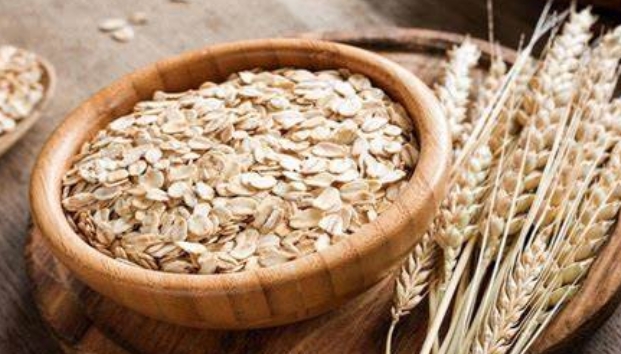When it comes to making healthy food choices, whole grains are often overlooked in favor of more processed options. However, incorporating more whole grains into your diet can provide significant health benefits and improve your overall well-being. Whole grains, such as quinoa, brown rice, and oats, are packed with fiber, vitamins, minerals, and antioxidants. Here’s why you should consider making whole grains a more prominent part of your meals.
One of the primary reasons to choose whole grains over refined grains is the higher fiber content. Fiber plays a crucial role in maintaining digestive health by promoting regular bowel movements and preventing constipation. The fiber in whole grains also helps feed the beneficial bacteria in your gut, which is essential for overall gut health. A healthy gut can improve nutrient absorption, boost your immune system, and even enhance mood and mental health.
In addition to promoting digestive health, the fiber found in whole grains can help regulate blood sugar levels. Unlike refined grains, which are quickly digested and can cause rapid spikes in blood sugar, whole grains are digested more slowly. This slow digestion helps prevent blood sugar fluctuations and keeps you feeling fuller for longer. By stabilizing blood sugar, whole grains can help reduce the risk of developing type 2 diabetes and may also assist with weight management.
Whole grains are also rich in essential vitamins and minerals. For example, oats and barley are excellent sources of B vitamins, which play a key role in energy production and brain health. Brown rice is rich in magnesium, which is essential for muscle function, heart health, and maintaining healthy bones. Quinoa is a complete protein, containing all nine essential amino acids, making it a great choice for vegetarians and vegans. By incorporating a variety of whole grains into your diet, you can ensure that you’re getting a broad range of nutrients that support overall health.
Another benefit of whole grains is their role in heart health. Research has shown that people who consume more whole grains have a lower risk of developing heart disease. Whole grains can help lower cholesterol levels, reduce blood pressure, and improve blood vessel function. This is due in part to the antioxidants and anti-inflammatory compounds found in whole grains, which help protect the heart and circulatory system from damage.
Whole grains are also naturally low in fat and contain no added sugars, making them a healthier option compared to many processed snacks and foods. They provide long-lasting energy, making them a great choice for breakfast or as a side dish to lunch and dinner. Unlike refined grains, which can leave you feeling sluggish and hungry soon after eating, whole grains provide steady energy throughout the day.
Incorporating more whole grains into your diet is easier than you might think. Start your day with a bowl of oatmeal or whole-grain cereal. Swap white rice for brown rice, quinoa, or farro in your lunch and dinner dishes. Add whole grain pasta to your favorite pasta dishes, or try a hearty whole grain salad made with barley or bulgur. The possibilities are endless, and many whole grains are incredibly versatile in the kitchen.
If you’re not used to eating whole grains, it’s important to make the transition gradually. Start by replacing one refined grain at a time with a whole grain, and increase your intake over time. Be sure to drink plenty of water as you add more fiber to your diet to help your digestive system adjust.
Whole grains are an essential part of a balanced, healthy diet. From improving digestive health to supporting heart health and stabilizing blood sugar levels, the benefits of whole grains are numerous. By making small changes, such as switching to whole-grain bread, pasta, and cereals, you can significantly improve your diet and enjoy a wide range of health benefits. So, the next time you’re at the grocery store, reach for whole grains and start reaping the rewards of a more nutritious diet.





